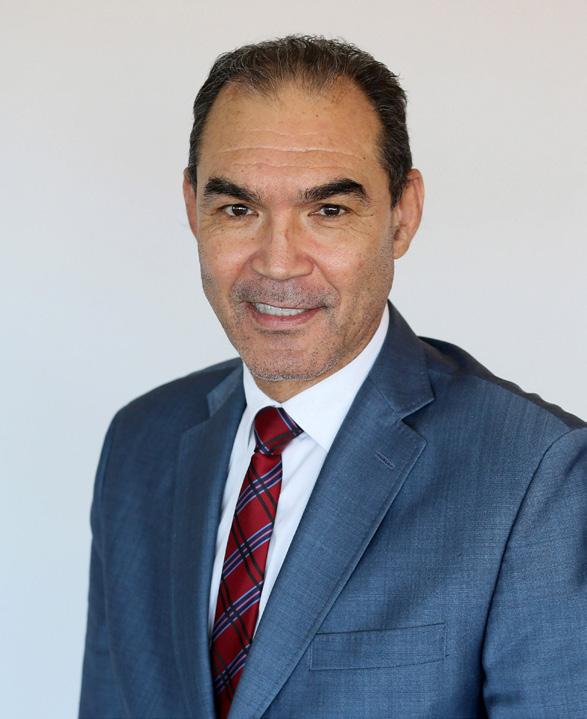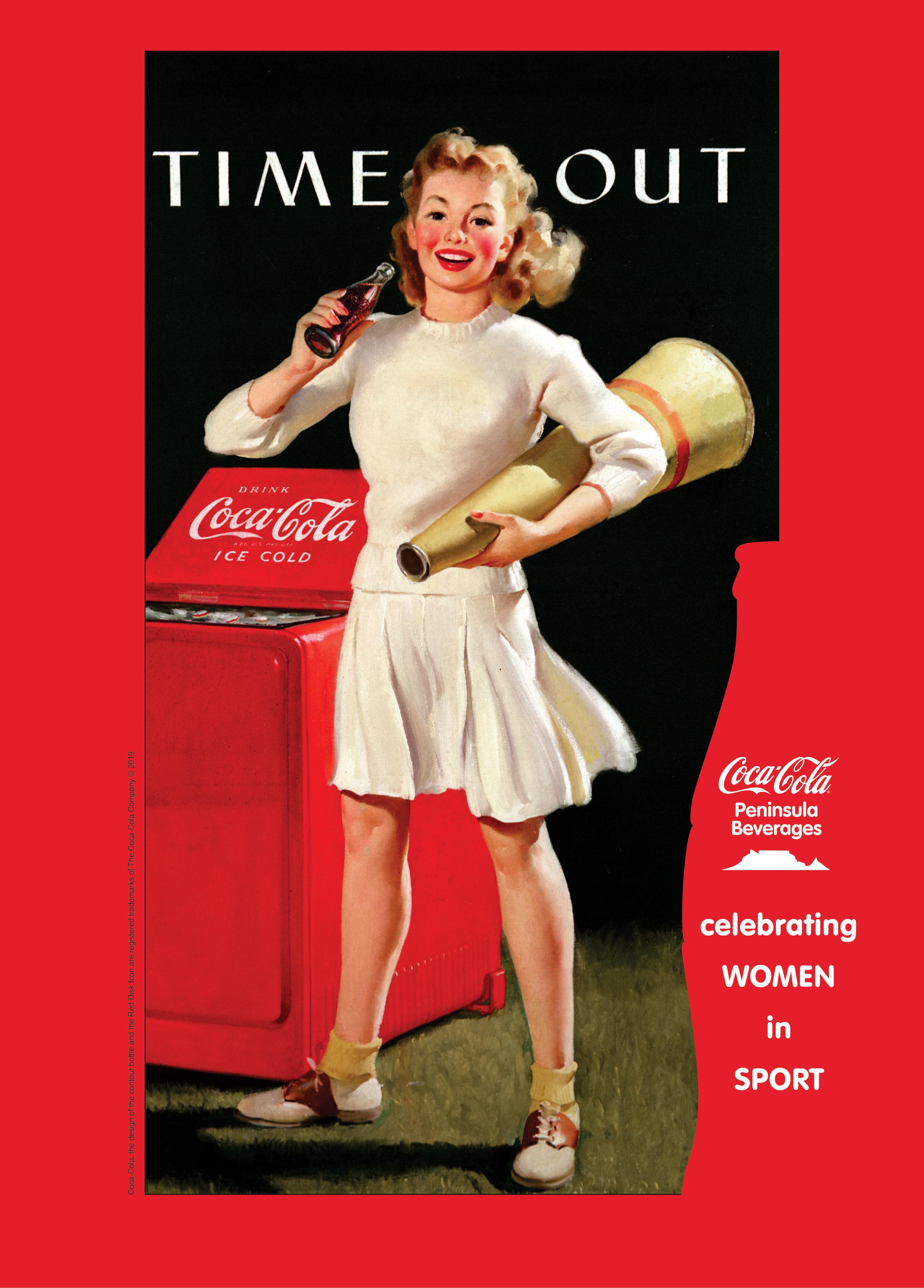
3 minute read
WORDS FROM THE VICE-CHANCELLOR
WORDS FROM THE VICECHANCELLOR
Prof Tyrone Pretorius Rector and Vice-Chancellor, University of the Western Cape
“Being kind” should be the player of the match right now.
As sports fans were being starved of live-action events because of global lockdowns, it was not only COVID-19 that was wreaking havoc. The other menace was a man-made scourge that both had a cure and was completely preventable. Yet, it has become so pervasive in the world of sport.
Despite the empty stands and the distance between spectators and elite athletes, certain individuals who claim to be fans became emboldened. What was once a screaming-abuse fan in the stands has given way to the keyboard troll who can now directly tag the social media accounts of an athlete and abuse him or her directly. And racism is never far behind.
Place yourself in the shoes of a modern athlete in the midst of a global pandemic and the mental fortitude required to survive. In a football league setting, there are at least three matches a week. You can’t go out socially for fear that you break the bio-bubble and infect your teammates. Worse still, your family has to make sacrifices and self-isolate, too. You drink, eat, sleep and play football – 24 hours a day, seven days a week.
You get into your car after a tough match where the result didn’t go your way. You gave away a penalty that led to the opposition winning the game. You check your phone and there's a slew of social media mentions dripping with abuse. And they're all directed at you.
Sporting federations have put measures in place to counter this kind of abuse, but there is an argument to be made that these measures are the equivalent to taking a knee in support of the Black Lives Matter movement or a “No to Racism” slogan on a shirt sleeve. The sporting bodies have lobbied social media networks and law enforcement authorities to take harsher action to stop enabling racists.
The majority of sport-loving people are not bigots and racists. And it is these people – us – that need to find our voices to speak against the abuse of our athletes, especially now when they need our support the most. These modern-day gladiators are, in fact, risking their lives to keep us entertained. Their efforts should be praised and not be the subject of abuse.
Here at UWC, we do not tolerate the abuse of our sports men and women. Competitions will open again in the coming months in the bio-bubbles that allow our athletes to participate in sport under strict COVID-19 safety protocols. We wish our athletes well and hope they know we are proud of them no matter the outcome of a match.
Our student-athletes know that sport is but a small part of life at the University. We offer them the best of both the academic and sporting worlds in our quest to produce graduates who have a sense of history, are sensitive to social justice and are grounded in community.
As we navigate these troubled times, I call on all students and staff to remember their duty of care. Care for your fellow students, your colleagues and – most importantly – yourself.
Let us all remember the farreaching impact of the simple yet profound act of kindness, and how it can be the antidote to the impacts of this global pandemic. Let us use sport to both buttress kindness and to combat racism and abuse instead of bolstering these behaviours. Let us not forget the words of the father of our nation, uTata Nelson Mandela, who said: “Sport has the power to change the world. It has the power to inspire. It has the power to unite people in a way that little else does. It speaks to youth in a language they understand. Sport can create hope where once there was only despair.”











